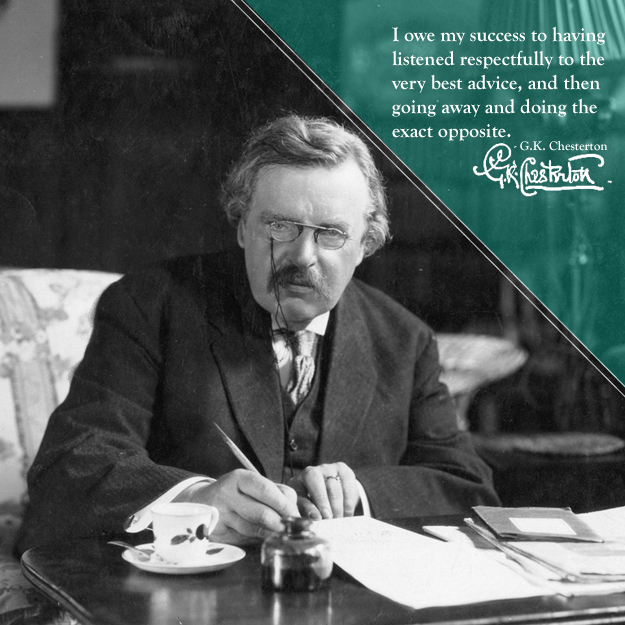
I woke up at 3am today in a total allergy meltdown. Medicine, shower, tea. It was clear I wasn’t going to get back to sleep so I sat outside and watched the Milky Way overhead. All in all, it was not a bad way to start the day.
Which is why I am feeling brave enough to say a few things about revision.
The concept of Revision is one of the hardest for new writers (and a few not-so-new) to wrap their heads around. You’ve put years into your story, you understand the lives of your characters, you’ve been polishing that climatic scenes in chapter 37 until it glows in the dark and by the gods, you are not going to change anything. You can’t. You shouldn’t, because it is perfect.
I get it.
I totally get it, because writing is hard. Writing can be a real bitch sometimes, and after a while, you can’t see the forest for the trees, or, more precisely, the story for the words. In a dark corner of your mind, you recognize that there are aspects to your story that don’t make total sense, or perhaps a few inconsistencies of character, or unmotivated plot twists, but it’s hard, and you really don’t want to… change… anything.
Let me give a few quick tips (I can talk about this for days on end, but it’s the weekend and I’m sure you have other things to do.)
1. Revision is your friend. Trust me on this. The mindset that you have about this is critical. If you dread and disparage revision, you won’t do great work. You changed the universe by writing the drafts that you have already written. Change it again by refining the story. Revision is not punishment for a life of sin; it is how you breathe life into your story.
2. Early drafts are created with the passion of a new love affair. Revision is undertaken with the trust and commitment of a good marriage. There is still a lot of love there, but it is a love that seeks the truth and what is best for the book.
3. Make sure that every scene has a purpose; it must move the plot forward, give us critical insights into a character, or both. You will find scenes that are little more than a bunch of people standing around and talking. Either take whatever dialog is important (assuming there is some) and weave it into a different scene, or change the setting so that there is action and growth.
4. That last point is super important, so I will yell it loudly. BE WILLING TO CHANGE THE SETTING. This hit me upside the head when I was revising Part Two of my novel this week. I was cranky because so many scenes were set in the same places – school, home, bus, blah, blah. What was missing were settings that would give the reader more information about the life of my main character. And then my brain went a little fuzzy and drifted off to that place between thinking and daydreaming and suddenly it hit me: LAUNDROMAT! When I finish this post I’m going to make coffee, grab some breakfast and go work on a Laundromat scene. (I’m very excited about this!!)
Did you see what I did there at the end of Point #4? I said I am excited about revising Part Two. I am going to insert a new scene in a Laundromat. I am probably going to the condense the activity that is currently in Chapters 34-38 into two chapters, because really? There’s a whole lot of silly drama in those chapters that is useless. But the point about the deepening relationship between my main character and her friend Gracie, that is critical, so critical that I want to slow down the unfolding of it. So I will keep that big, scary thing that happens at Gracie’s house in the about-to-be-remade Chapters 34 and 35, then I’ll cut to Chapter 39. The Laundromat scene will probably become the new chapter 41.
The sun is up now and I can’t see the stars anymore. But I know they are there, patiently shining and wait for the dark. The great potential of your story is waiting, too. You must take a risk, walk into the night. Be willing to look at your story honestly. Listen carefully to comments from your early readers. Accept that inspiration and revision are the inhale and exhale of writing. Breathe deeply and get to work.
Today’s Quote
“A writer, like an athlete, must ‘train’ every day. What did I do today to keep in ‘form’?”
Susan Sontag
Today’s prompt: Spend some time on the CCBC’s The Westing Game Manuscript website. It shows Ellen Raskin’s The Westing Game (1979 Newbery Medal winner) as a work-in-progress, including pages of her story notes, and crossed-out, marked-up pages of the manuscript. Then brainstorm a list of scenes in your work-in-progress that could be cut, moved or added.
Scribble… scribble… scribble…





